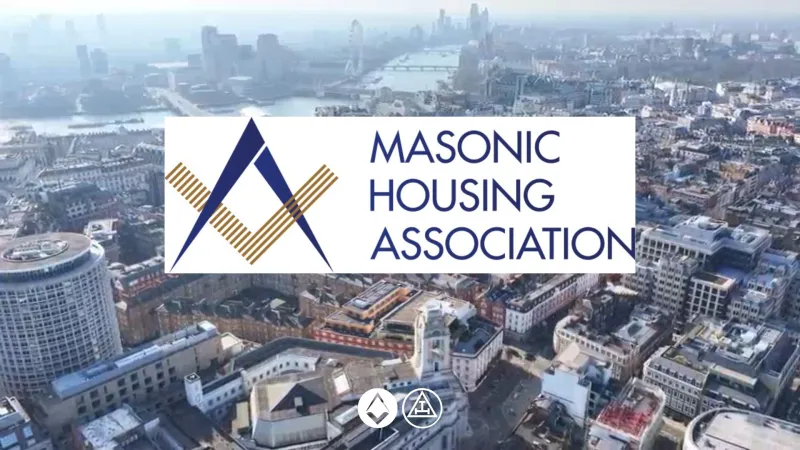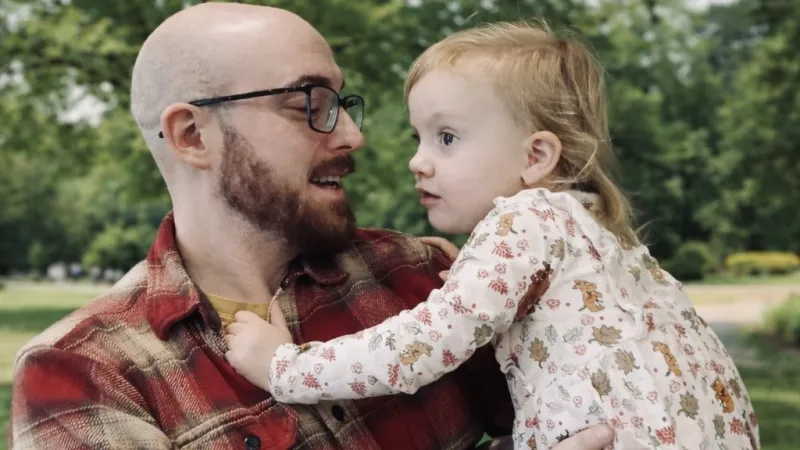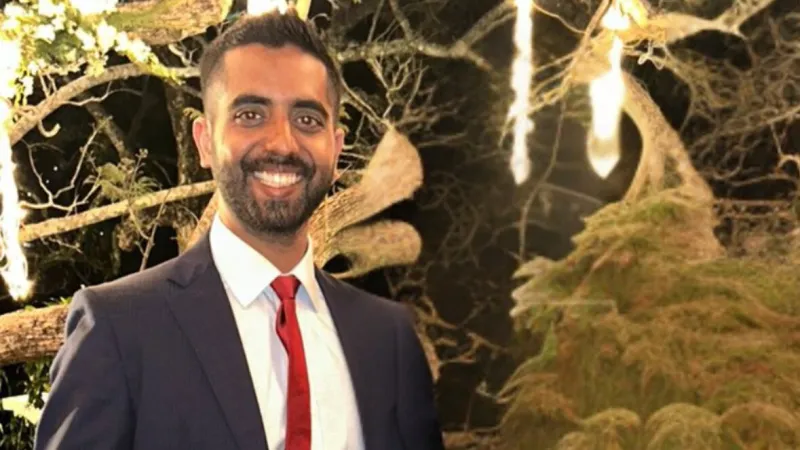As we approach the 300-year anniversary of the Constitutions, Dr Ric Berman explains the fundamental principles and philosophy that form the foundations for modern Freemasonry.
'If anyone doubts that Freemasonry as it is practised today was derived from the Grand Lodge of England, let him compare the new Charges with those of an older date. He will find that the severance from any and all pre-existing connections was as fundamental and complete as was the severance of the American colonies from England after the adoption of the Declaration of Independence... The history of Freemasonry begins with a declaration of principles. These are set forth in the New Constitutions promulgated by the Grand Lodge of England and form the basic law of the Fraternity throughout the world. Indeed, the story of Freemasonry is merely the working out of those principle.'
Ossian Lang, History of Freemasonry in the State of New York (1922)
Next year, 2023, marks the Tercentenary of the publication of the first Constitutions of the Freemasons. W hat is little understood is that one section – the key section – of that document, Desaguliers’ Charges of a Free-Mason, underpins what we regard today as modern Freemasonry. This is true not only for England, but for all those Grand Lodges around the world that followed England’s lead.
The Charges set down moral and intellectual foundations for Freemasonry. They are a product of an Enlightenment philosophy and their adoption a function of intellectual, political and religious imperatives that included ‘the Glorious Revolution’, which alongside the Bill of Rights ushered in a constitutional monarchy in Britain. Other influences encompassed the threat to the newly installed Hanoverian King, George I, and his W hig ministry from ‘the King over the water, James Stuart; and the legacy of almost 200 years of religious conflictin Europe, not least the state-sanctioned persecution of Protestants in France.
The Charges promote and require Freemasons to adopt several fundamental principles, among them:
- Religious tolerance: ‘That Religion in which all Men agree, leaving their particular Opinions to themselves’;
- Respect for civil law and constitutional government: A ‘supreme legislature’ rather than a divinely-appointed absolute monarch;
- Meritocracy: ‘Preferment among Masons is grounded upon real Worth and personal Merit.’
The Charges also advocate a teleological (‘be all that you can be’) approach to personal development and an enjoinment to improve oneself and society through education.
Alongside the Charges sits George Payne’s General Regulations that govern the operation of Lodges and Grand Lodge. The Regulations introduced a new framework to Masonic governance, creating a federal structure and advancing democratic ideas: ‘All matters are to be determined... by a majority of votes.’
Article 10, for example, states that a ‘majority of every particular Lodge, when congregated, shall have the privilege of giving instructions to their Master and Wardens... because the Master and Wardens are their representatives’.
Remarkably, the principles set out in the Regulations were adopted not just by Freemasons but by virtually every club and society that followed, nationally and internationally, and created what has been described as ‘schools for government’.
The ideas set out in the Charges and Regulations were radical at the time. Indeed, they remain progressive philosophical ideas today. And they provided the foundations for Freemasonry’s expansion.
In short, modern Freemasonry started with the 1723 Constitutions. They were adopted by Grand Lodges across Europe in the subsequent decades, and in America, where in 1734 Benjamin Franklin reprinted the Constitutions verbatim and distributed them not just in Philadelphia but from Boston to Charleston.
The ideas the Constitutions endorsed propelled and sustained the growth of Freemasonry across the world, and their underlying principles continue to challenge and inspire Freemasons today.
We will celebrate the Tercentenary with an especial meeting of Grand Lodge on 31 January 2023. The Museum of Freemasonry will launch an exhibition the same month. And we intend to hold events across the Provinces and Districts throughout the year. 2023 will also feature a conference in Cambridge under the banner ‘Inventing the Future’.
But the Tercentenary will not only be celebrated under the auspices of UGLE. It will also be marked internationally, not least in the United States and France, where Enlightenment principles were at the root of the political and social development of both countries.
More information on the Constitutions and its legacy is available on the 1723constitutions website. This will be complemented by further articles in FMT and talks and seminars in 2022 and 2023.


